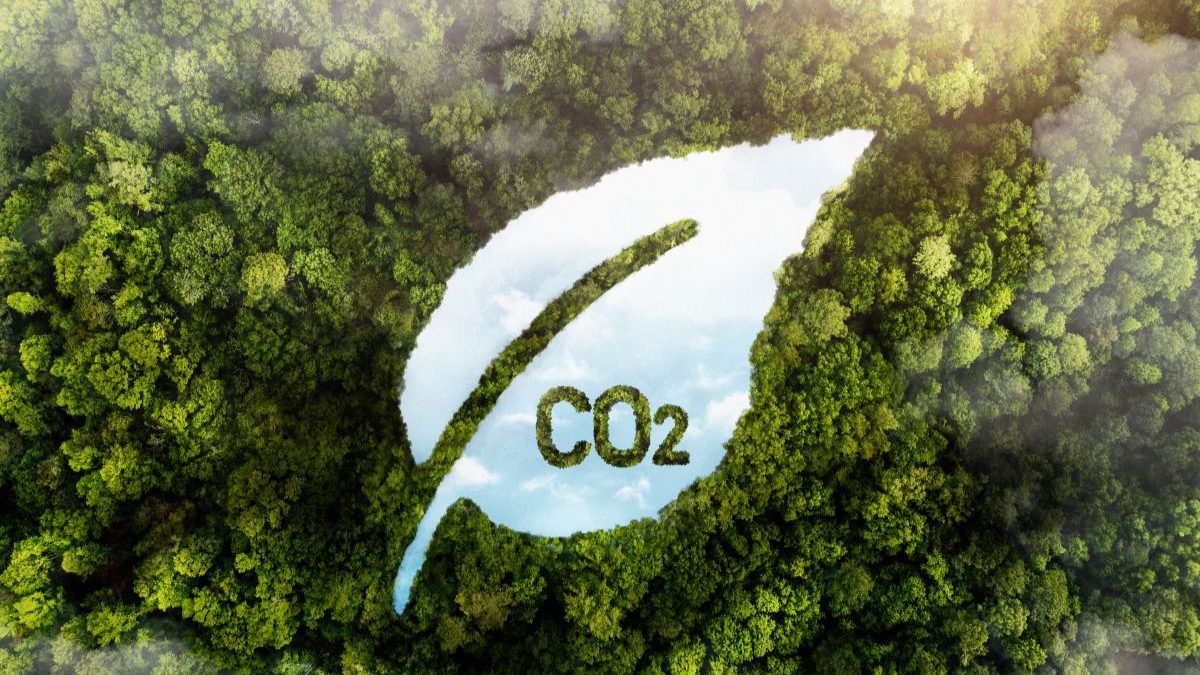Revision of EU Air Quality Legislation

Air pollution is an issue that affects the health and well-being of millions of people worldwide. In an effort to tackle this problem, the European Union (EU) has been working on revising its air quality legislation. The aim is to set a zero pollution objective for air, ensuring cleaner and healthier environments for all citizens. This article explores the proposed revisions, the importance of EU directives, and the potential impact on air quality.
EU directives play a crucial role in shaping air quality legislation across member states. They establish common standards and guidelines that countries must adhere to, ensuring consistency in pollution control measures. The revision of these directives is essential to strengthen existing regulations and address emerging challenges effectively.
The proposed revision aims to set a zero pollution objective for air, which would require member states to take stringent measures to eliminate harmful pollutants. This ambitious goal acknowledges the urgent need to prioritize the health and well-being of citizens by reducing exposure to toxic substances.
Achieving the zero pollution objective:
– by strengthening emission limits for industries
– by encouraging the use of cleaner technologies
– by promoting sustainable transport options
– by enhancing monitoring and reporting mechanisms
– by investing in research and innovation.
The revision of EU air quality legislation with a zero pollution objective is a crucial step towards improving public health and protecting the environment. By setting ambitious goals and implementing appropriate measures, member states can work together to reduce air pollution and create a healthier future for all. Through stronger emission limits, cleaner technologies, and sustainable practices, we can breathe cleaner air and enjoy a better quality of life. Let us join hands and support these revisions to ensure a brighter and cleaner future for generations to come.




